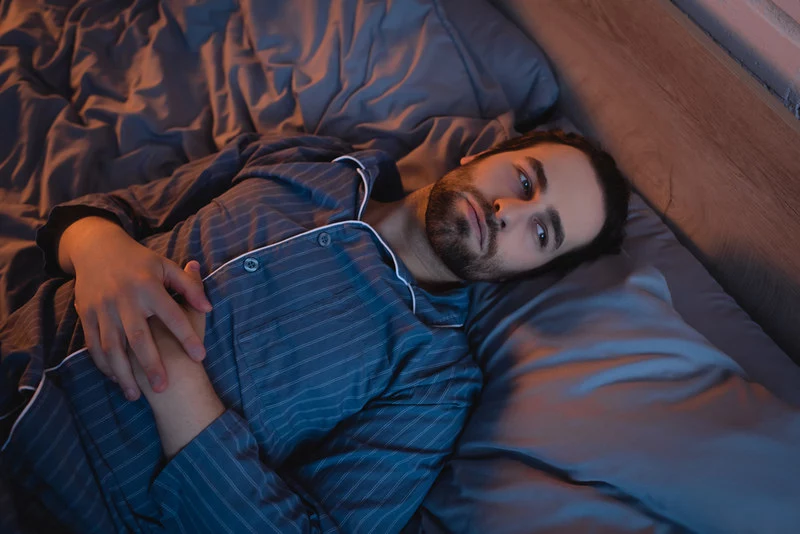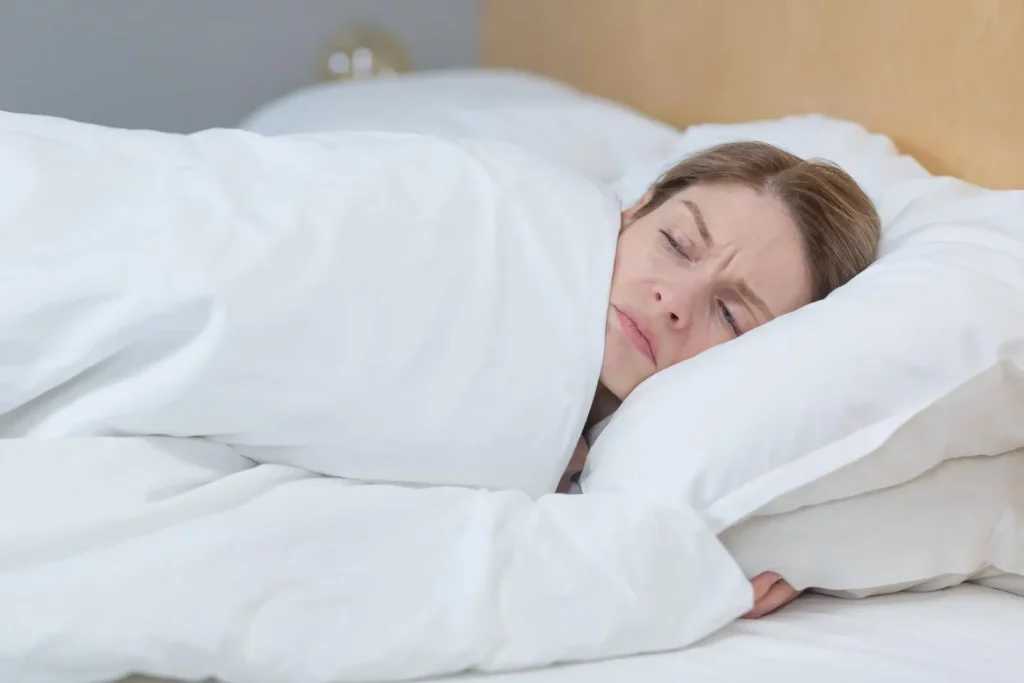Psychotherapy for sleep disorders
Sleep disorders are a growing problem in the modern world. They are so prevalent that it has been estimated that one-third of the population suffers from sleep problems. There are many reasons for this. Some people suffer from insomnia, which means they have trouble getting to sleep or staying asleep, while others suffer from narcolepsy, which means they have trouble staying awake during the day. Some people also suffer from apnea or restless leg syndrome, which both make it difficult to get a good night’s sleep.
These types of disorders can be caused by many different things, such as stress, anxiety, depression and more. Psychiatrists and psychotherapists have been working with people to help them get better sleep for years — finding them relief and fixing the underlying issues that are causing the disorder in the first place.

Who and how we help
Sleep psychotherapy & psychiatry for adults
Sleep is a crucial part of our daily lives. It helps us to recharge and recover from the day’s activities. Sleep also helps to regulate and maintain our mood, cognition, and immune system.
Sleep therapy is a type of psychotherapy that focuses on the treatment of sleep disorders— it is part of the field of psychosomatic medicine, which also includes treatments for other bodily functions and diseases.
The goal of sleep counseling is to help people with sleep problems get more restful sleep.
Sleep psychotherapy & psychiatry for adolescents
The goal of sleep therapy treatments in adolescents is to help them understand the relationships between their thoughts and feelings, their life events, and their sleep patterns. This therapy helps them identify what might be causing them to have problems sleeping at night and helps them develop coping skills to deal with these issues.
Sleep disorders treatment steps
Sleep disorders happen when the brain and the body are not synchronized with each other. There are many factors that can cause sleep disorders and they need to be treated in different ways.
There are many treatment steps for this condition including:
– Cognitive behavioral therapy
– Relaxation techniques
– Sleep hygiene
– Prescription medication

The benefits of psychiatry and psychotherapy for sleep disorders
Sleep disorders affect one-third of the population, and insomnia is the most common disorder. Psychiatry and psychotherapy are used to treat sleep disorders. It has been shown that these treatments can be more effective than other therapies, such as cognitive behavioral therapy. At Good Health, we use a blended approach, utilizing the best of both worlds – psychiatry and psychotherapy. Our goal is to create fast, effective, solutions and help patients as quickly as possible. We leverage our tech, our professional experience, and the most modern studies to help our patients get a good night’s sleep as soon as possible.
FAQs
What are the most common sleep disorders?
There are a number of different sleep disorders that people can suffer from. Some of the most common sleep disorders include insomnia, restless leg syndrome, sleep apnea and narcolepsy. Insomnia is when someone has trouble falling asleep or staying asleep. Restless leg syndrome is when someone experiences an uncontrollable urge to move their legs when they are trying to go to sleep. Narcolepsy is a condition where a person has excessive daytime sleepiness and sudden attacks of muscle weakness or paralysis during the day. Sleep apnea is when someone stops breathing for short periods of time while they’re sleeping.
Is virtual sleeping disorder therapy effective?
Remote sleep therapy is a relatively new treatment that uses advances in technology to provide treatment for people who suffer from insomnia. An increasing number of people are turning towards this type of therapy because it provides a more convenient way to get treatment. Especially for those who live in remote areas, or have trouble getting time off work.
Can a psychiatrist prescribe sleeping pills?
A psychiatrist can prescribe sleeping pills for the treatment of insomnia. They can also prescribe them to treat other health conditions that are associated with insomnia such as depression, anxiety, and chronic pain. If a person suffers from chronic insomnia, they should see their doctor first before taking any medication. This is because there are many other factors that could be causing their sleep deprivation and they should get a diagnosis before taking any medications.
How long does sleep psychotherapy usually last?
Sleep psychotherapy is a type of psychotherapy that focuses on sleep and the relationship between sleep and mood. The length of sleep therapy varies depending on the severity of the problem, how quickly it is addressed, and how well it responds to treatment.
What is the success rate of sleep disorder psychiatry?
There are a lot of sleep disorders and many people do not get the proper help for their condition. Studies show that the success rate of sleep disorder psychiatry is around 90%.
What do I need to start psychotherapy for sleep disorder?
There are a number of ways to start psychotherapy for sleep disorders. The first is to see your family physician, who may be able to recommend a therapist or refer you to one if they cannot. You can also contact your provincial mental health association and ask them if they have any therapists who specialize in sleep disorders. The right therapist will be able to assess the severity of your sleep disorder and provide you with an appropriate treatment plan. This could include medication, changes in behavior or lifestyle, or both.
Don't hesitate to contact us
Have any questions?
Please complete the form below and we will get right back to you.